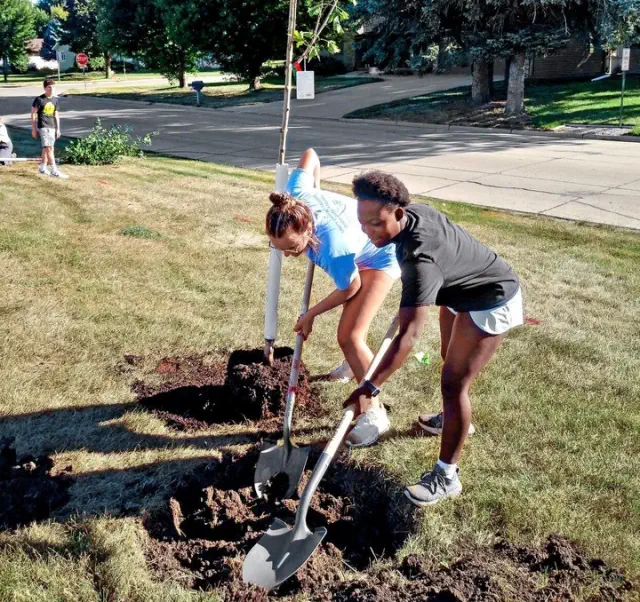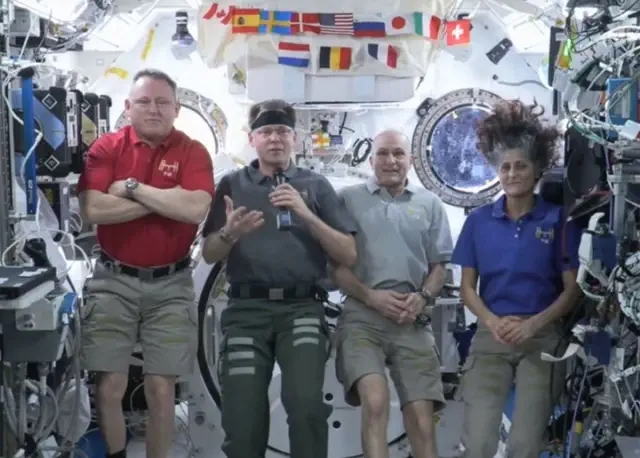Have you ever found yourself needing to grab something from another room, like your keys, only to arrive and completely forget what you were after? That's a rhetorical question—we're all too familiar with that experience.
Counselor Charan Ranganath, who leads the Dynamic Memory Lab at U.C. Davis in California, states in his book, “Why We Remember: Unlocking Memory’s Power to Hold On to What Matters,” (good luck trying to remember that title) that “most of what we encounter is destined to be forgotten — and this is intentional.”
In contemporary tech terms, "the typical individual absorbs over 74 gigabytes of data daily, which is equivalent to nine DVDs."
Misplacing your lipstick or struggling to recall the name of an old friend doesn’t necessarily indicate cognitive decline; at our age, it’s simply a part of being human. Various influences, such as menopause, can contribute to these lapses. However, if you find yourself unable to identify a friend or family member, or if you become disoriented in a familiar setting, that is something to take seriously.
According to specialists, here are several suggestions you can implement in this scenario.
I've come across the concept of setting boundaries, but I wasn't aware that our memories can establish them for us at times. Ranganath refers to these as "event boundaries," and here's the explanation: When you're in one room searching for your keys and then move into another room, you've altered your usual sensory surroundings—essentially crossing a "boundary." This shift can disrupt your thought process to the point where you forget what you were initially doing. "Whenever there's a change in how you perceive your environment, your brain generates mental markers known as 'event boundaries' that segment your day into clear before-and-after phases, aiding in easier recollection later on."
Just wait until I share the concept of "event boundaries" with Ronnie. He seems to generate around 50 of them daily, especially when he's on the hunt for his reading glasses or that ballpoint pen he had just a few minutes ago.
Additionally, receiving a phone call while engaged in a retrieval task can throw you off so much that once you finish the call, you may completely forget what you were searching for.
In an effort to tackle this issue, Ranganath suggests revisiting the place where the idea to search for the item first struck you. The familiar surroundings of your initial inspiration could potentially revive your memory and guide you back to the starting point of your journey.
At times, misplacing an item such as your glasses can pose a challenge. Like many others, you may have left them in various locations, and now you're unsure of where to begin your search.
One more suggestion is to disable all notifications and put your phone away while engaging in memory-intensive tasks. Distractions can be incredibly frustrating and hinder your focus on what you're working on.
They also recommended picking up a work of fiction. It serves as an excellent mental workout, as it requires you to engage with the storyline, remember the characters, and comprehend the narrative. (This is sound advice if you have the ability to read—or the visual capacity to do so.)
I really appreciate this final suggestion on remembering lists and names, which is humorously titled “Imagine a massive strawberry taking a ride on a cow.” (This is exactly why it caught my attention!) It revolves around the concept of “mnemonics,” a memory aid that encourages you to develop bizarre visual representations in your mind. This technique is effective because it transforms ordinary information into captivating images. For instance, if you need to stop by a store on your way home to grab strawberries, milk, and broccoli, just picture a colossal strawberry riding a cow through a garden filled with enormous broccoli trees.
Enjoy that one, everyone. As for me, I'm hesitant to bring it up with Ronnie because I suspect it might hit too close to home for his usual way of thinking.
Wishing you an amazing week ahead! Remember to keep smiling along the way.










